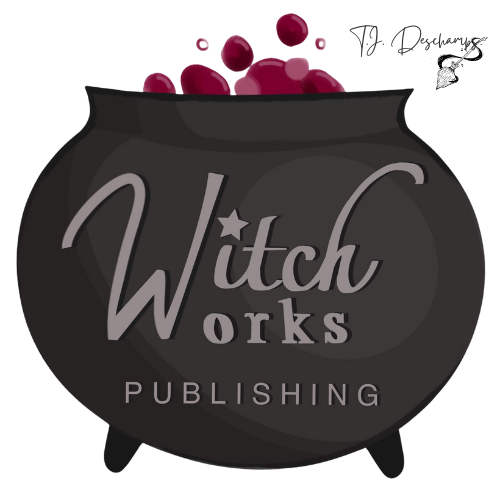Writing Critique: How Can I Get Feedback While Social Distancing?
Share

Emerging writers, who want to improve, will ask for feedback. Where do they go in the time of covid-19? Writing groups on social media. Why is this a bad thing? Because trolls aren't living under bridges anymore, they're online. Not only trolls, but a lot of 'experts' who parrot what they learned without real understanding of story craft. Professional writers with several award-winning works under their belt don't belong to amateur writing groups on Facebook doling out free feedback to emerging writers.
If not social media, where should I go?
In an ideal world, emerging writers could meet a mix of professional writers, editors, agents, and other knowledgeable emerging writers at a workshop, get a feel for their knowledge and style in a critique group, and make connections there. Unfortunately, we live in a world that going to these workshops is expensive, and if you're reading this in 2020, there's also a certain pandemic going around cancelling all the writers' conferences, IRL classes, and workshops.
A few tips when searching for feedback online:
- Seek a virtual workshop with a mix of pros and emerging writers. Fortunately, there are many free classes online where you can get the similar quality instruction and peer reviews. In any creative writing class or workshop, you have at least one pro monitoring feedback and can tell you if it is bunk or not.
- Don't post a tiny excerpt on a social media group and expect quality feedback. The internet, even writing groups, has 'experts' who simply like to criticize without any actual knowledge or skill of their own.
- Do vet who is giving your critiques by taking a look at their writing. The proof is in the prose pudding. If they're a good writer, they're at least knowledgeable of craft.
- Find partners who write, or at least read, your genre. I am not a poet. I could not give feedback on poetry. I would not ask a poet to critique my urban fantasy. Unless, they were a poet, who also read and wrote urban fantasy.
- Know what feedback to ask for. Before you've even picked up a pen, keyboard, or what have you to write, learn craft. Read books and articles on writing. Therefore, you will be armed with what you need to know about grammar, style, plot, tension, pace, character arcs, world building, etc. so you'll be able to detect the difference between opinion and sound structural, craft knowledge.
- Trust your gut. If your only source is an online group because for whatever reason you cannot virtually attend a workshop or a free online writing class, then indeed, ask for help in online writing groups. But, please, get to know those writers and their works first. Observe their behavior within the group before accepting their advice. It will save you a lot of time and ill advice.
Photo by Brooke Cagle on Unsplash
